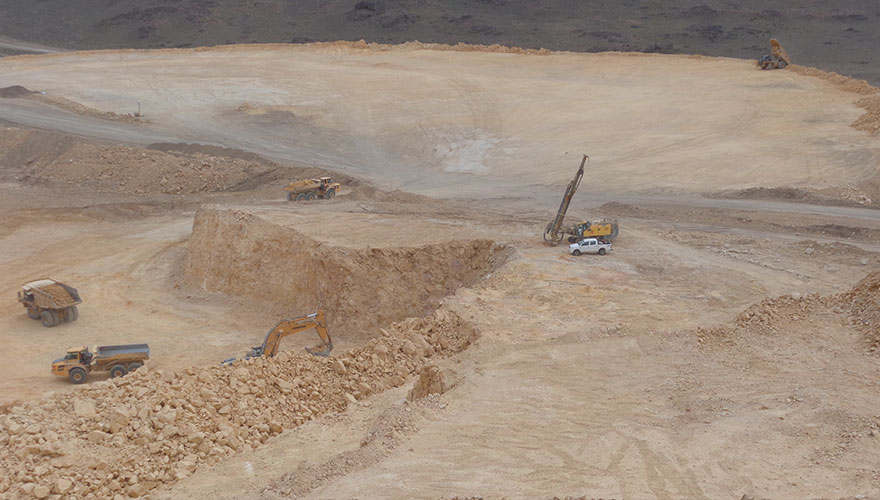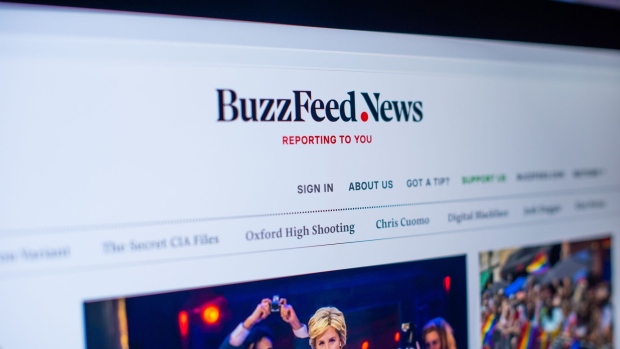The last decade or so has been tumultuous for the oil industry. It's an industry underpinning every world economy, except perhaps isolated communities in the Amazon jungle, yet its existence has been called into question repeatedly and persistently.
After enjoying many decades of government support because of the essential nature of the products it extracts from the ground, now the oil and gas industry is finding itself under fire from those same governments that used to support it.
It's the target of activist pressure the likes of which the world has not seen before. It has encountered a whole new—and very dangerous—kind of activism: investor activism. And financial regulators are breathing down businesses' necks on climate disclosures. What's an industry to do?
What the oil and gas industry has done is adapt. It has not been quick, to be fair, but oil and gas have not exactly been known for being at the cutting edge of progress. It's the nature of the industry that holds it back from the intensive innovation typical of Big Tech.
Yet oil and gas have risen to the challenge. From a digital transformation to streamlined costs and improved efficiencies across operations, to diversification into things like low-carbon energy generation and carbon capture, the industry has adapted.
Take Exxon, for instance. The biggest of Big Oil, stated enemy of the environment by scores of environmentalist organizations, some of which have been suing the company for knowing about the effect its products had on the planet's atmosphere and not doing anything about it. So far, no luck.
That same Exxon is now staking a major claim on carbon capture. Indeed, the company believes its low-carbon business department, where carbon capture features heavily, could in the future outperform its traditional business of extracting and refining oil and gas.
Or how about BP? After it renamed itself into Beyond Petroleum, one of the original Seven Sisters seemingly went all in on the transition, getting a lot more active than before in solar, wind, and EV charging. Basically, the supermajor wanted in on everything going on in the alternative energy sector. So did its European peers, although at least one of them was a bit forced into it.
Speaking of forcing, litigation—and the threat of litigation—has become a major motivator for oil and gas companies to "clean up their act". Shell was ordered to reduce its emission footprint by 45 percent by 2030. Other companies, seeing the writing on the wall, are embarking on a journey of emission reduction before courts begin to tell them to do it.
The oil and gas industry has shown remarkable adaptation skills in the past decade. It has also enjoyed a lot of evidence that, contrary to activist chants, oil and gas will not be kept in the ground anytime soon. Because the world needs them in growing amounts.
BP just opened its first platform in the Gulf of Mexico after the Deepwater Horizon disaster. You'd think they would stay away, just in case, but demand for oil is on the rise, and that platform sits above a field that could produce some 140,000 barrels of crude daily.
Exxon—the same Exxon that plans a carbon capture business that would bring in more money than oil and gas—has put Guyana at the center of its growth plans for the future. Just this year, the company eyes production of 360,000 bpd there. That's up from 120,000 bpd just a couple of years ago, and it is going to rise much further.
Shell is expecting intensified competition in the LNG space because of Europe's emergence as a new—and huge—source of demand. According to the company, which has quite a big gas trading business division, this is a long-term trend, and it will no doubt take an active part in it.
Activists are unhappy with such developments. Yet these developments are as unavoidable as the outflow of investor money from so-called sustainable funds that only invest in low-carbon companies. The reason they are unavoidable is the simple truth stated earlier: the world needs oil and gas.
In fact, the world needs energy, and few people actually care where this energy comes from. For now, despite a lot of effort to change the status quo, oil and gas—and even coal—remain superior to their newer alternatives in terms of energy density and reliability. They still account for more than 80 percent of the global energy mix despite trillions of dollars that have been poured into low-carbon alternatives.
And the world will need even more energy in the coming years. This will complicate the task of energy transition advocates because it's no longer about replacing oil and gas—it's about replacing them and being able to respond to much higher energy demand.
The oil and gas industry knows this. And it stands ready to deliver in response to these demand developments and, of course, reap the benefits. Some have said last year's record profits the industry booked will never repeat, but who knows? With enough anti-oil and gas activity from governments and activists, supply may shrink just enough to make for more record profit years.
By Irina Slav for Oilprice.com



